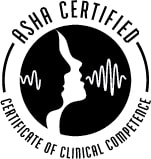Last fall a new research article came out. This article reviewed all of the data its authors could find on when kids learn certain speech sounds. The authors then were able to make some connections about what ages most kids can say sounds. By its nature, this study applies to all kids generally and not really to any one child specifically. When you look at the graphic I posted above it seems pretty clear, when my child is 3 I should be listening for him to start saying p, b, m, d, n, h, k.... BUT learning to speak clearly involves a lot more than just making a checklist of sounds!!!
What are good ways to check and see if my child's speech and language is ok?
Intelligibility - can you understand what your child is saying?
Language - can your child tell you what he is thinking about?
Grammar - do your child's sentences make sense?
Social Interaction - does your child seem to notice others?
These are all just examples of ways your child grows and develops the skills needed to talk clearly to others. If you want more information about what development might look like for a specific age please check out my Development Charts:
Birth to 3 Development
Preschool Development
Elementary Development
What are good ways to check and see if my child's speech and language is ok?
Intelligibility - can you understand what your child is saying?
- 18 months - Parents should understand 25% of what their child says
- 24 months - Parents should understand 50-75% of what their child says
- 36 months - Parents should understand 75-100% of what their child says
- After age 4 - most adults should understand what your child says
Language - can your child tell you what he is thinking about?
- around 1 year old - your child should start using some words
- around 2 years old - your child should start combining 2 words into a phrase that makes sense, "Daddy home"
- around 3 years old - your child should be talking in nice long phrases, and you should understand most of them
- around 4 years old - your child should be talking in complete sentences that combine ideas, he can tell you stories about his day!
Grammar - do your child's sentences make sense?
- at age 2 your child should be able to combine different word types, like an adjective + a noun (blue cup)
- at age 3 your child should be using pronouns like he, she, or they. He may not always use them correctly and that is ok
- at age 4 your child should be using correct grammar in most of his sentences, he should be able to put a "ed" on past tense words (like played) and a plural "s" on words (like cats)
Social Interaction - does your child seem to notice others?
- infant - does your child watch your facial expressions?
- 12 months - does your child imitate your actions?
- 24 months - does your child notice others and play along side them?
- 3 years - does your child enjoy playing pretend?
- 4 years - does your child play games and pretend with other kids?
These are all just examples of ways your child grows and develops the skills needed to talk clearly to others. If you want more information about what development might look like for a specific age please check out my Development Charts:
Birth to 3 Development
Preschool Development
Elementary Development

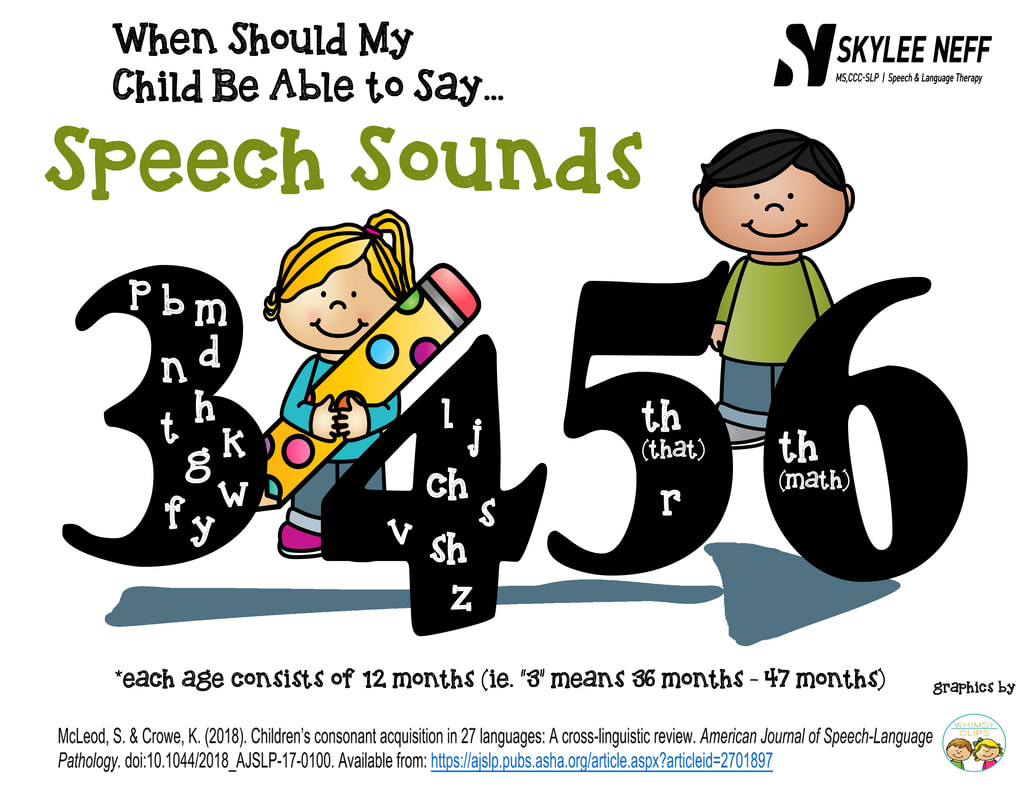
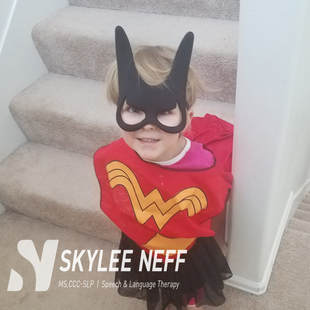
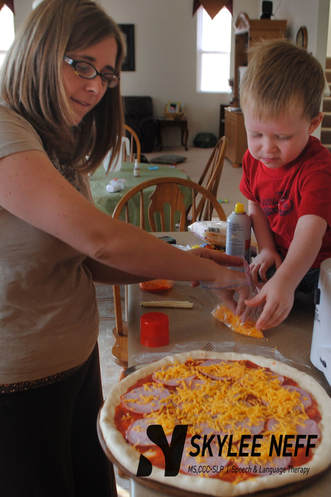
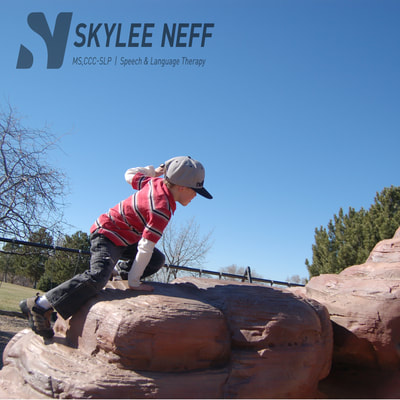
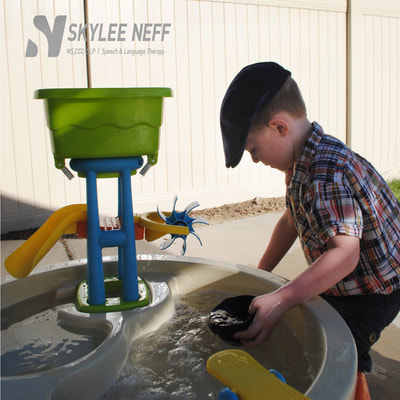
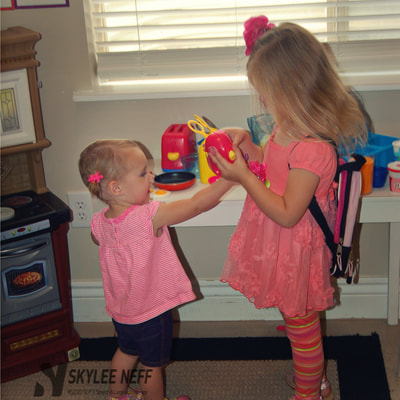
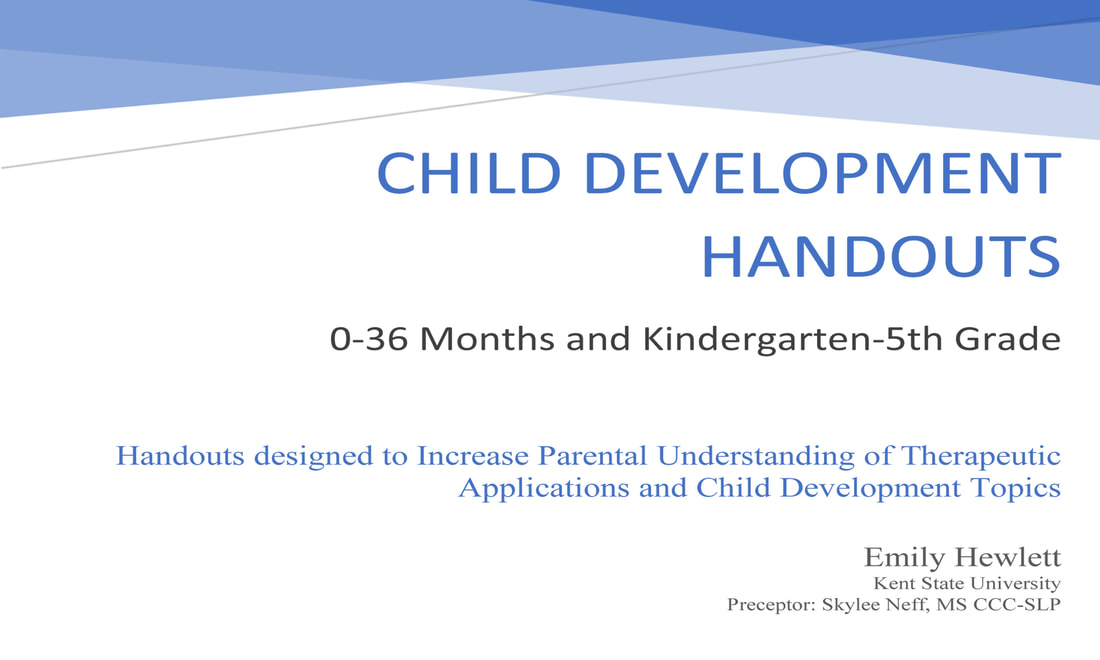


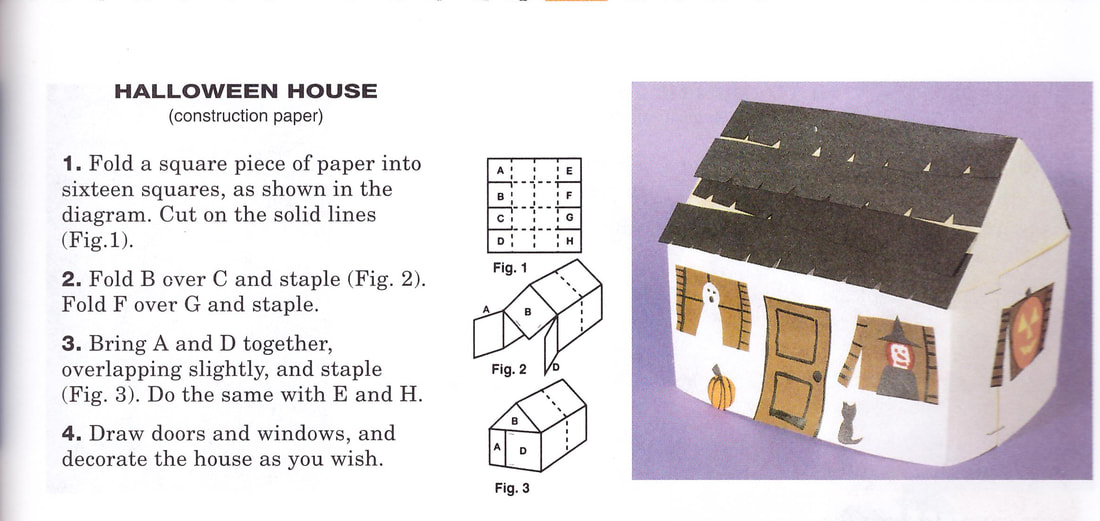
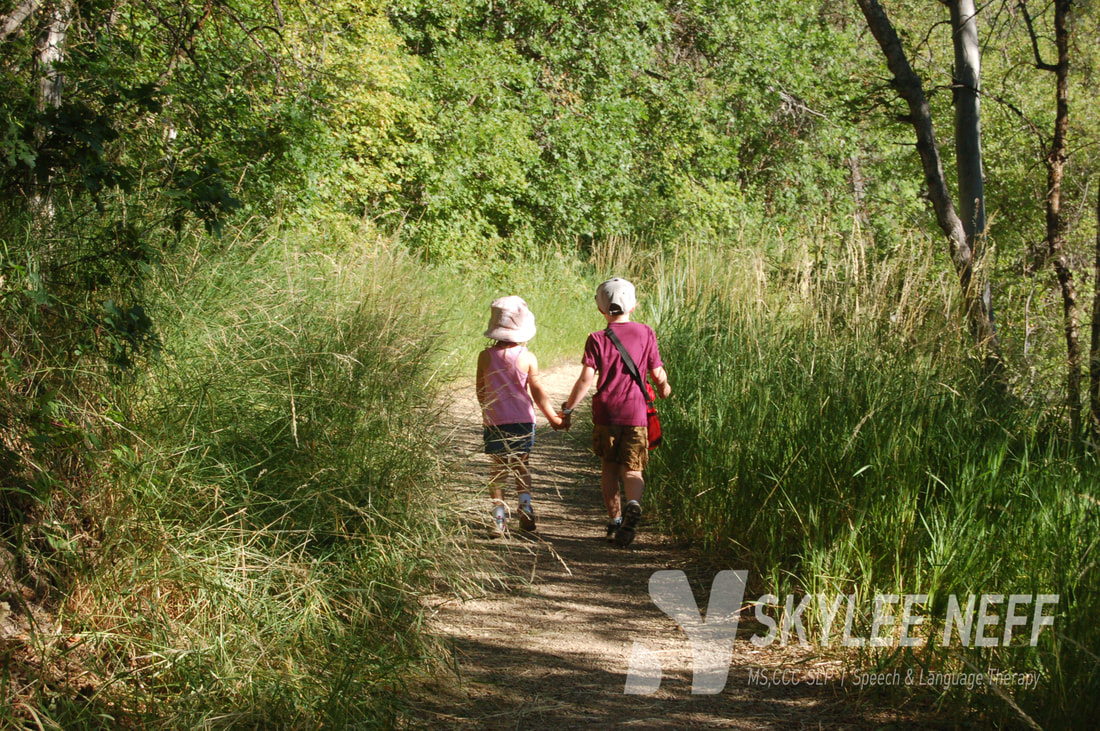
 RSS Feed
RSS Feed
